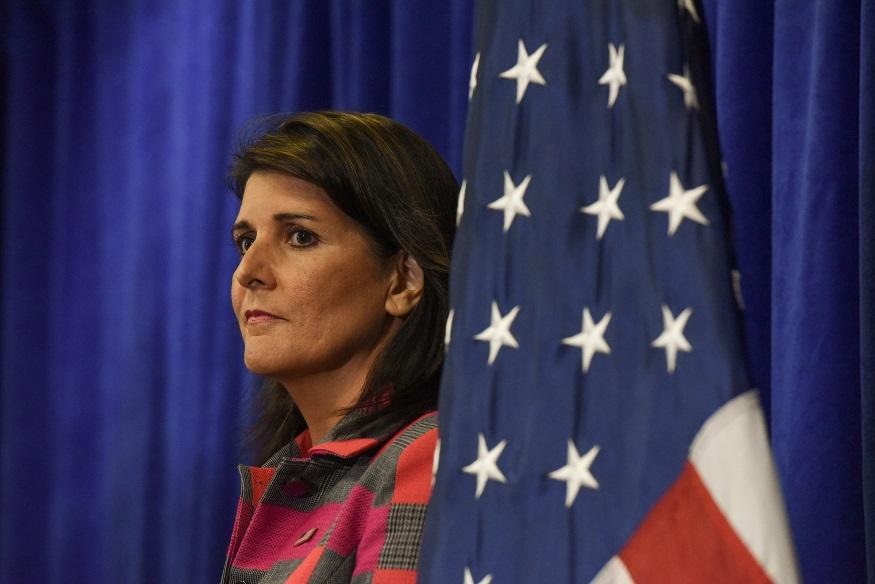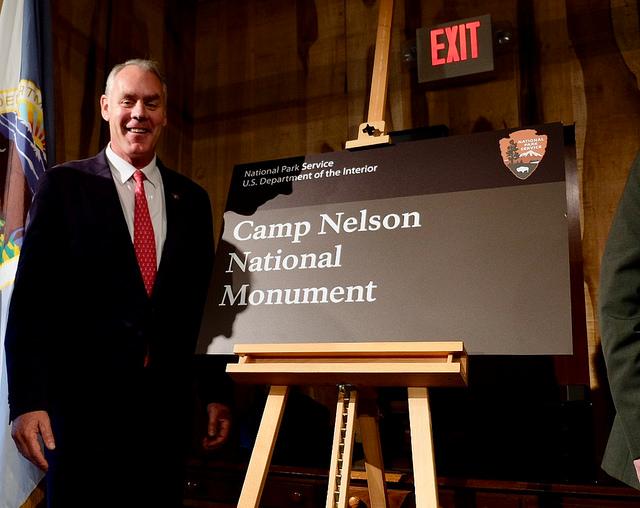NEW YORK—With the city budget season heating up, so begins what has affectionately become known as “the budget dance.” New York City Councilmembers will hold weeks of hearings on the effects of cuts in Mayor Michael Bloomberg’s 2013 budget proposal.
To balance the $70 billion city budget, Bloomberg proposed cuts to services including firehouses, after school care programs, and libraries.
Councilmembers spend weeks fighting to save the programs, often using their discretionary money to restore the funding. Some councilmembers are growing tired of the annual trend and are hungry for change.
“We suspect the mayor does not really want to cut libraries, or afterschool programs, or shelter beds for homeless kids,” Councilmember Dan Garodnick said on the steps of City Hall Wednesday at a press conference. “It is perhaps just a way to focus the Council and its attention on .2 of a percent of the city’s total budget.”
Out of the $70 billion dollar budget, the programs the Council fights the hardest for represent only a few hundred million, leaving the majority of budget to pass with less scrutiny.
On Wednesday, Councilmembers Jumaane Williams and Garodnick issued a memo to all mayoral candidates that called for reform in the city’s budget process through legislative and administrative action and by amending the New York City Charter.
“For Mayoral candidates, this should be a litmus test of whether or not people should support them,” Williams said. “I believe this is one of the most important [issues] because all of the other issues stem from what happens with this budget.”
The councilmembers would like to see more details on both the expense and capital side to know exactly where each dollar goes, something not thoroughly done now.
They hope that the reforms will bring what they feel is a lack of balance in power to city government as well as bring further transparency to a process that shapes the lives of New Yorkers.
“The reforms better define the Mayor’s power in the budget process. They will do more transparent budgeting so any member of the public can see how dollars are spent,” Garodnick said at the press conference.
History Repeats
In the five-page memo, the councilmembers took much of what was proposed in the 2010 Charter Revision Commission.
Changes in the capital budget, which fund building projects in the city such as schools and subways, were the only new addition.
City Council Speaker Christine Quinn, who is now a mayoral candidate, was highly supportive of the budget process reform in 2010. She testified during the Charter Revision Commission hearings, offering her own suggestions to improve transparency as well as to restore balance between the Council and the Mayor.
Despite support from Quinn, Councilmember Gale Brewer, and the Citizens Union, the reforms were not taken up with the Charter Revision Commission, which pushed ruling on budget reform in favor of term limit extensions.
Counting Every Penny
The Department of Education has a $20 billion budget, drawing the largest amount of funds of the city’s 44 agencies. The personnel, programs, and contracts that make up the $20 billion is explained in fewer than five pages in the budget.
Garodnick said that large portions of money are listed under broad topics such as “operations,” and that the councilmembers have no way of knowing what it encompasses.
“Our constituents hold us accountable for every dollar spent. We need to have the tools and access to info to hold the Mayor and each agency head accountable,” Garodnick said.
Williams and Garodnick want to see more specific appropriations not only to find what the money is being spent on but also to monitor whether the money is being spent effectively.
Don’t Have to Wait
Council members are not required to wait until a new Mayor is elected to make some changes. Councilmembers could suggest adding agencies, like the Department of Education, to the Budget Function Analysis. The analysis document further breaks down expenses for 15 agencies already, including the New York Police Department.
The city began using the Budget Function Analysis in fiscal year 2008 for only two agencies—the Department of Small Business Services and the Administration for Children’s Services—following an agreement between Bloomberg and Quinn.
If instated, the change will bring more transparency to this year’s budget process; however, the councilmembers as well as the Citizens Union believe that expanding that kind of transparency for all 44 agencies is better than for just 15.
“These proposals are important because we are entering difficult fiscal times. We need to know what every agency is spending, and in doing that, we can find wasteful spending,” said Alex Camarda, director of public policy and advocacy at the Citizens Union, in a telephone interview.
“We really need to look at all $70 billion and determine what the appropriate level of spending is for each agency and really start from zero instead of just talking about the small additions that are made each year,” he added.







